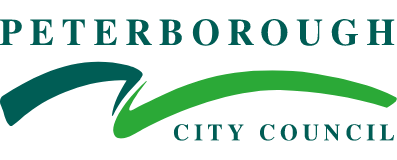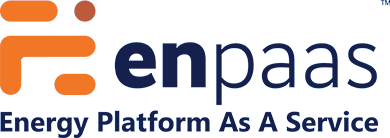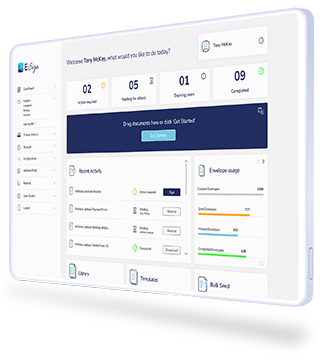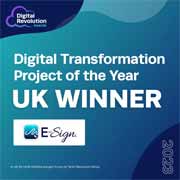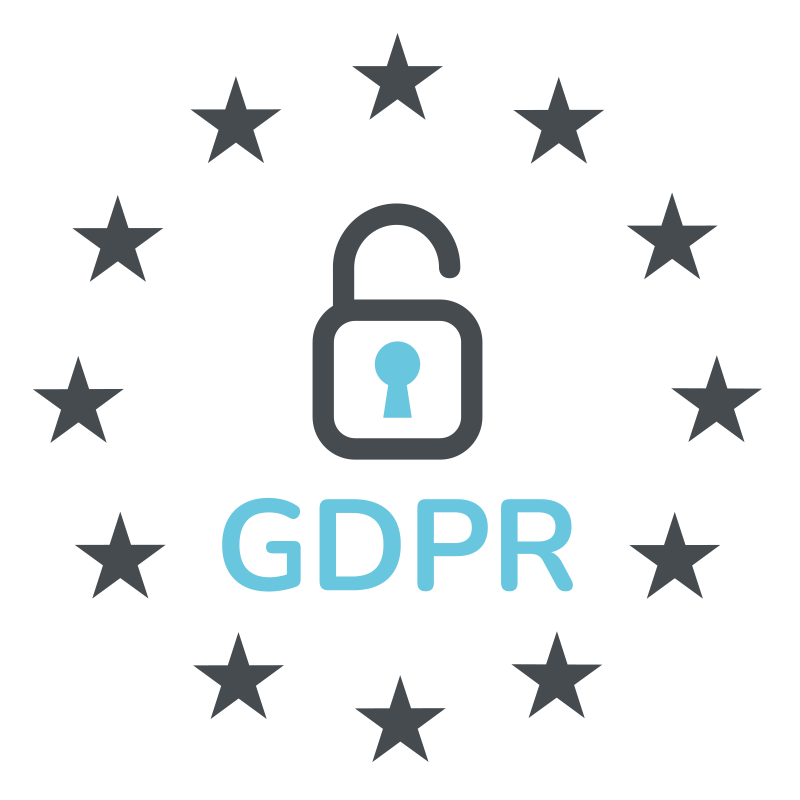The Legality of eSignatures in Austria
Explore the legality of electronic signatures in Austria and the laws and regulations that govern their use.
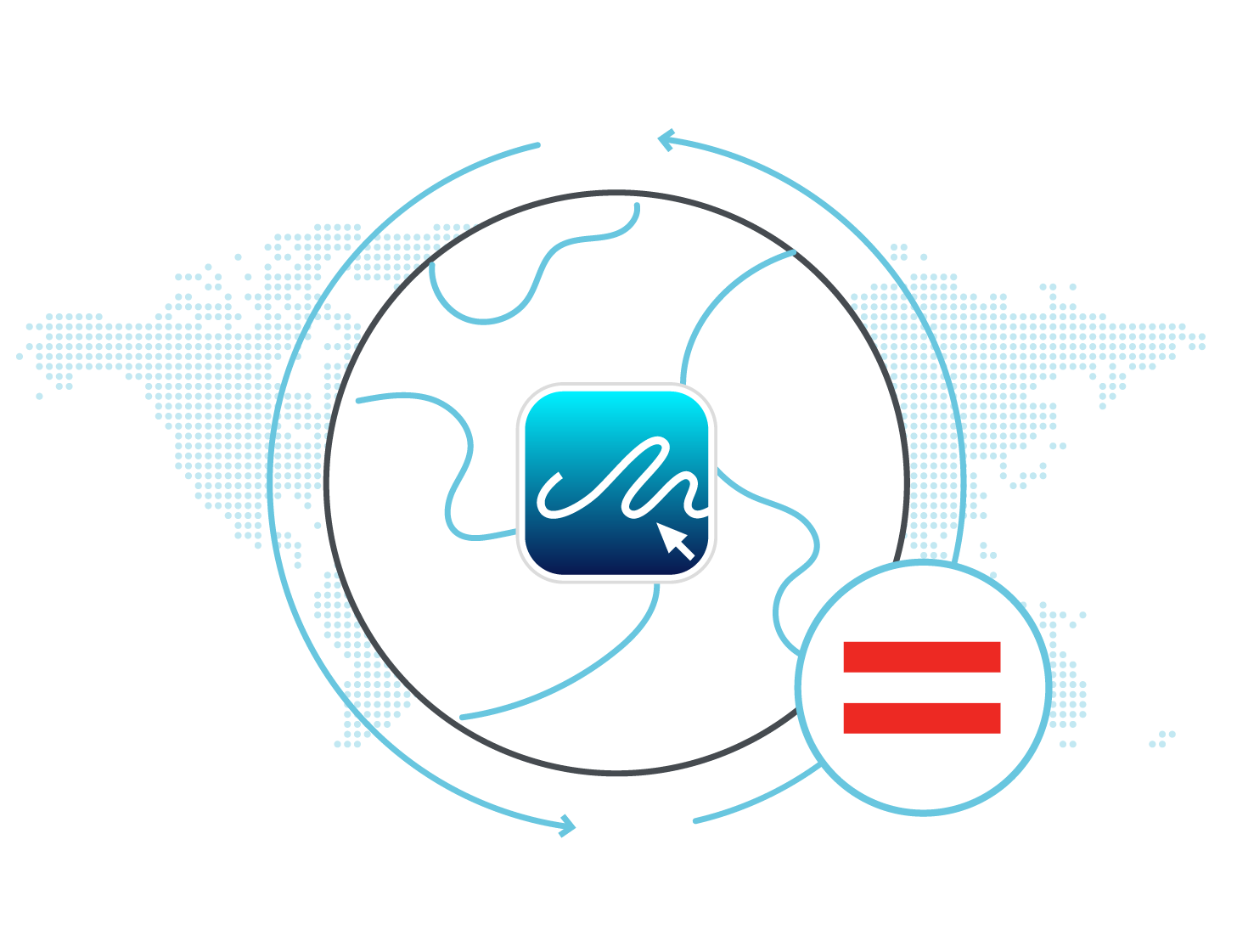
Trusted By
Are eSignatures Legally Binding in Austria?
Documents that can be electronically signed
Simple electronic signatures can be used in HR documents, commercial and consumer agreements, service agreements, intangible property transfers, and more. However, there are use cases where advanced and qualified signatures are required. These include:
- Transparency report that certifies the completeness of data contained in a register of auditors – AES
- Electronic signatures created by the judiciary and administrative authorities need to be AES
- Employment agreements with apprentices – QES
- Agreements on the ownership of employee inventions – QES
- Stand-alone promises to fulfil a third party’s obligation (declaration of guarantee) if made by persons beyond commercial, professional, or business activity – QES
Documents that may not be electronically signed
There are some use cases where it is explicitly required that handwritten signatures are used or formal processes are in place that are not compatible with electronic signatures. These include:
- Written form or notarisation
- Official certification, judicial, or notarial authentication/deed
- Contracts for sale, exchange of goods, or a loan entered into between spouses
- Spouse contracts regarding allocating property ownership that is acquired by either spouse during the marriage
- Legal transactions entered into by blind individuals
- Formal notarisation, declarations of intent, legal transactions or petitions to be entered in the land register
- Employee consent to the use of surveillance systems
- Amendments to an employment contract
- Formal notarisation of articles of incorporation of a company with limited liability
- Formal notarisation of assignment of shares of a company with limited liability
Types of e-signature permitted in Austria
The eIDAS regulation defines an electronic signature as data in electronic form which is attached or logically associated with other data in electronic form and which is used by the signatory to sign. It distinguishes between three types of e-signature, simple, advanced, and qualified.
- Simple – the most basic form of e-signature that can be in the form of typing your name at the bottom of an email or checking an approval box. There are no specific security or identity verification requirements for a simple e-signature.
- Advanced – this type of signature is uniquely linked to the signer, can accurately identify the signer, is created using data that the signer can be confident is under their sole control and is linked to the data in a way that detects any subsequent changes that are made. Advanced electronic signatures are more secure than simple signatures and are legally binding in most use cases.
- Qualified – this type of signature is similar to advanced but has additional requirements providers must adhere to. They must be certified based on public keys that have been issued using proper technological means. This means that the identity verification process is multi-step, using both encrypted keys and two-factor authentication.
Austria does not have a separate definition for electronic signatures outside of the one established by eIDAS.
Notable legality changes since 2020
None. Austria continues to adhere to the e-signature definitions and rules introduced by the EU eIDAS regulation.
Publicly Accessible Links to Laws/Regulations Discussed
- Federal Signature Law
- Regulation (EU) No 910/2014 of the European Parliament and of the Council of 23 July 2014 on electronic identification and trust services for electronic transactions in the internal market and repealing Directive 1999/93/EC
Disclaimer
The content provided on this website is meant for general informational use only and does not constitute legal advice. Legal regulations on this topic can evolve rapidly, so E-Sign does not ensure that the information presented here is always up-to-date or accurate. If you have particular legal concerns regarding any details on this site, it is recommended that you consult with a licensed attorney in your jurisdiction.
Last Updated 9th October 2024



